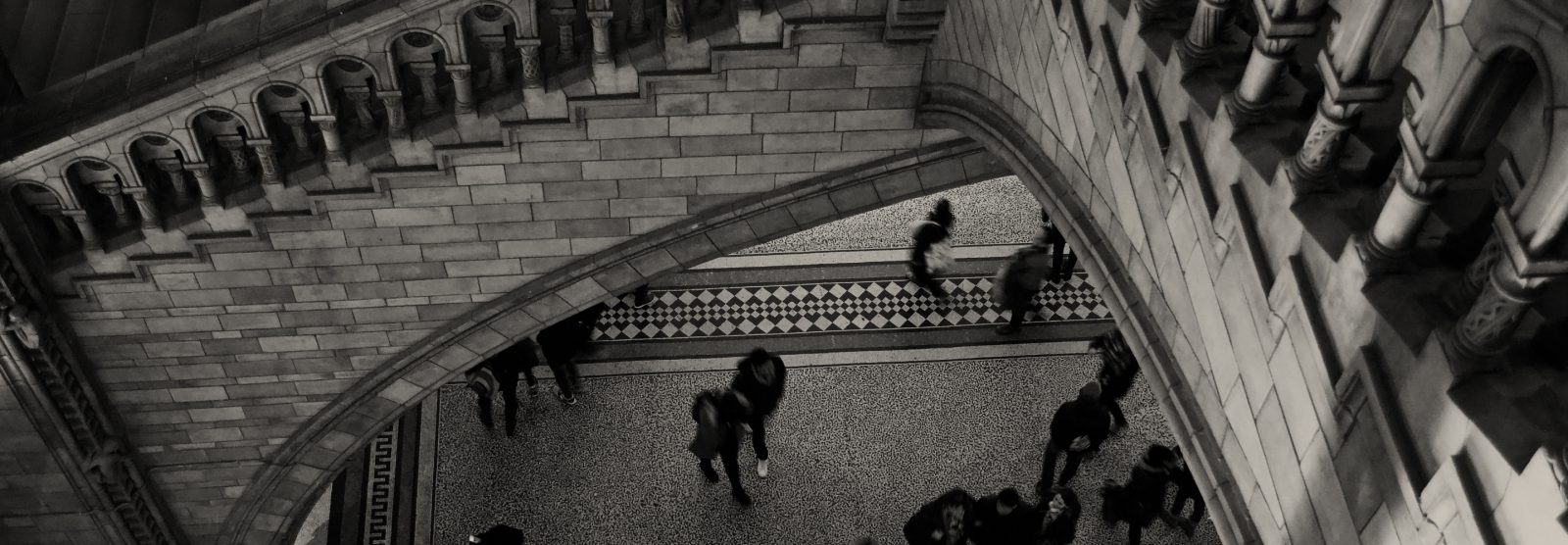The Best Prospect
Not all so-called progressive prosecutors are doing enough to dismantle mass incarceration. But they’re better than the alternative.

TOPICS
177 posts in ‘Institutions & Practices’
Not all so-called progressive prosecutors are doing enough to dismantle mass incarceration. But they’re better than the alternative.
Progressive prosecutors have delivered tangible and rapid wins to a grassroots movement seeking to end mass incarceration.
Believing that prosecutors can play a role in ending mass incarceration requires imagining a prosecutor whose goal is non-reformist reforms.
Prosecution can be redefined to focus on effective problem-solving through policies and initiatives that make us a safer, healthier community.
Hardened, remote detention centers shape the experience of immigration imprisonment. Yet even there, a radically different future is possible.
Incarcerated people who work as firefighters have not escaped the prison; the prison has merely followed them outdoors.
A new book uses art to make the horrors of mass incarceration as visual, and visceral, as possible.
Architects and designers must reckon with their role in the past and future of mass incarceration.
Mass incarceration rests on false narratives that carceral institutions themselves control. But some of us are fighting back.
While on parole in Oregon, homelessness, unemployment, and lack of services kept me in survival mode. This is not public safety.
Some of the greatest violence of prisons is hidden, in plain view, within their banality.
We embrace nonconformity in principle—but not for Black men, whose quirks can provoke fear, policing, and punishment.
In New York and elsewhere, exploitative court-ordered fees shouldn't saddle a person who is already poor and criminalized.
Prison is no place for grief and closure. Yet even as I mourned, glimmers of love and life surrounded me.
The D.A.R.E. program turned students into snitches, leading to the arrest and incarceration of friends and loved ones who used drugs.
Police academies socialize officers into an us-versus-them mentality—particularly when it comes to activists—and harden them to any attempts at reform.
The Prison Rape Elimination Act often revictimizes incarcerated survivors by expanding the power of the prison over them.
There's no aging with dignity for people serving extreme sentences. Freeing them is only a start to a deeper paradigm shift.
Policing on college campuses falls hardest on formerly incarcerated students, leaving them and the broader community unprotected.
So-called “smart” borders are just more sophisticated sites of racialized surveillance and violence. We need abolitionist tools to counter them.
The Gospel narrative places on Christians a moral burden to not turn away from the sexual vulnerability of incarcerated people today.
A new book centers prisons in the history of U.S. empire, reminding us of the need for international solidarity in the fight for freedom.
In the criminal system, having your life constrained and restricted, even after your sentence is over, has become a fact of life.
In prison, even learning about your own reproductive health is met with repression.
Society isn’t being done any favors keeping literature out of the hands of incarcerated people.
Censorship should not be the mechanism by which prisons ensure security or any other goal they purport to have.
The state spies upon and infiltrates social movements to keep people on guard, afraid, and second-guessing their every move.
Probation and parole in the United States don’t work. A longtime reformer and advocate has drawn a blueprint to end them.
Better research won’t get us out of our crisis of mass incarceration.
Erasing court costs and fines is a relatively small change that would have an outsize impact on those harmed by mass incarceration.